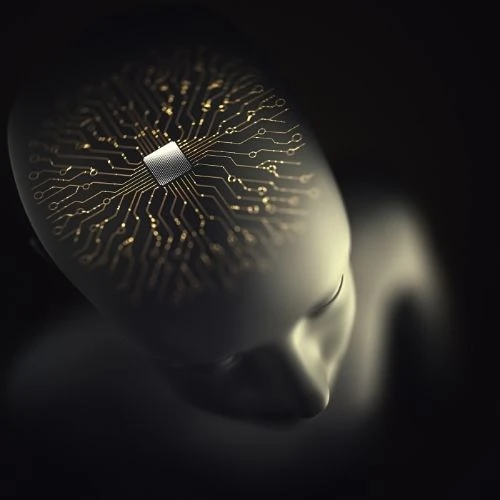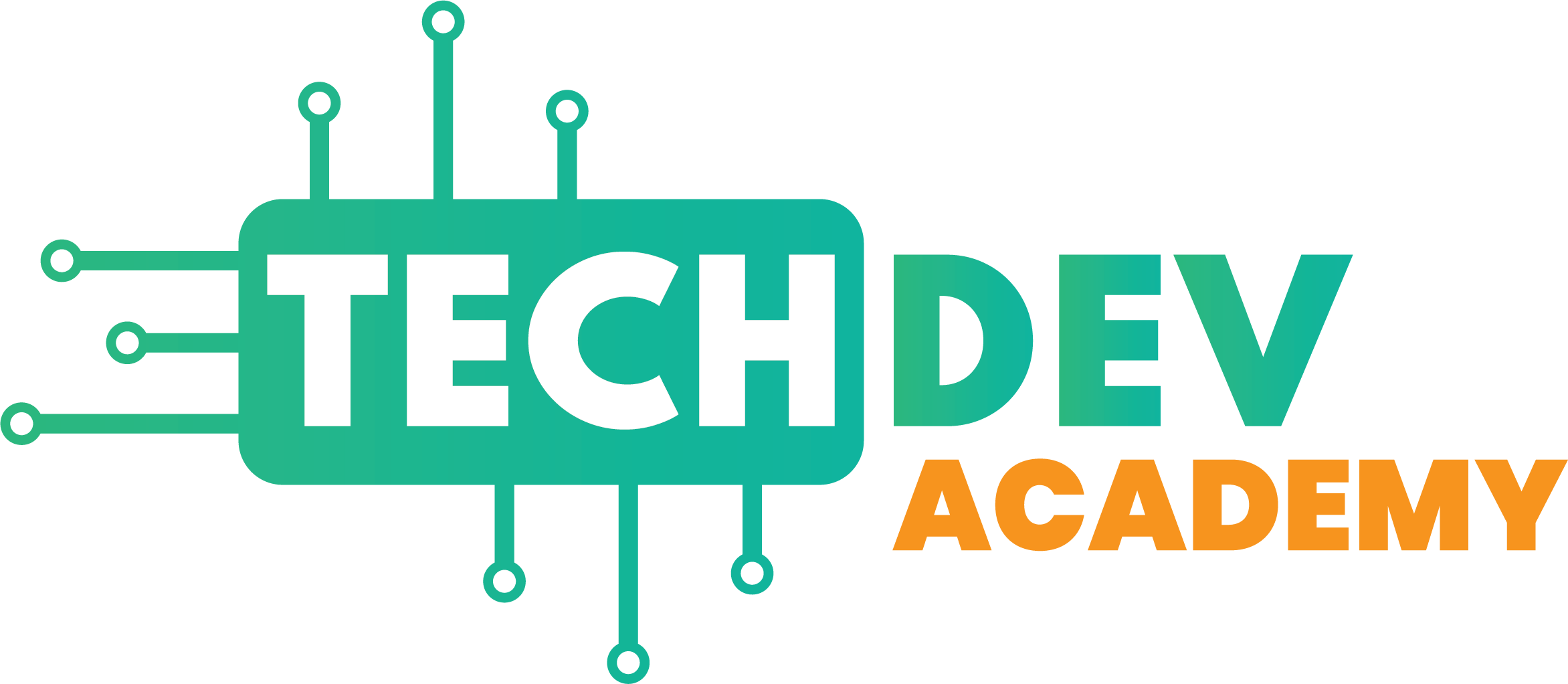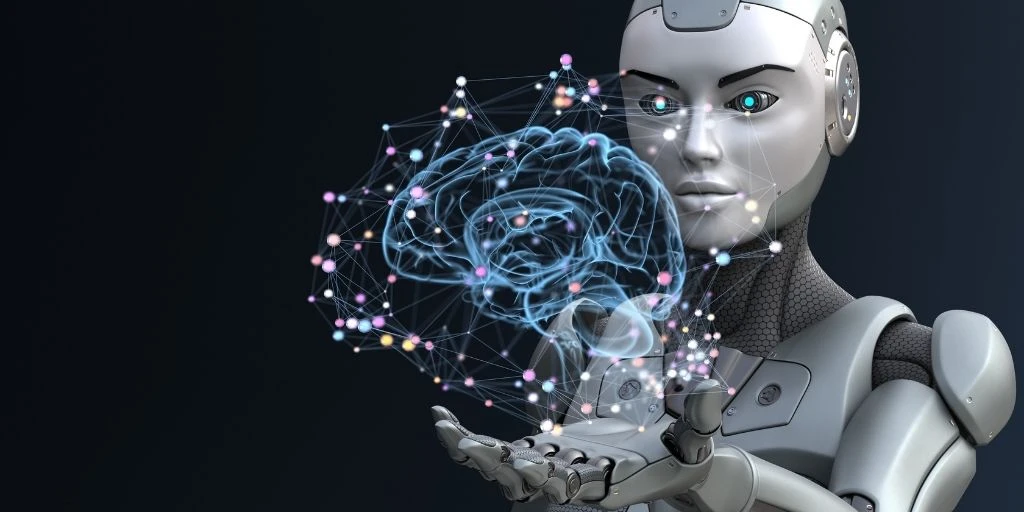Artificial intelligence or AI stands for the method through which a machine is enabled to think as humans do. In this field, many different technologies are used together to develop intelligent systems and software that can learn and mimic humans’ actions. The adoption of artificial intelligence is growing steadily with a significant number of industries reaping its benefits. Let’s take a look at five industries that are experiencing the maximum impact of it.
E-commerce: Here, AI-powered bots respond to customer questions immediately while providing them with precise solutions. Today, e-commerce stores have also become able to lower the cart abandonment rate by having chatbots reminding their customers of the products left in their shopping carts.
Cybersecurity: While cybersecurity is a never-ending concern, the implementation of AI-enabled systems has helped companies strengthen their software systems to a great extent.
Finance: AI has been able to help financial institutions to increase their reputation and lower losses by identifying fraudulent and legitimate transactions accurately. It also helps them determine whether or not an investment is beneficial by analyzing historical data.
Automotive: AI-powered self-driving cars can avoid accidents and lower traffic with the help of advanced sensors and cognitive equipment. These systems also assist the drivers of manually-operated cars by monitoring traffic and sleep, using automatic brakes if needed, etc.
Healthcare: With the help of AI-powered applications, healthcare providers are successfully performing early detection, diagnosis, training, etc. AI-powered bots also assist surgeons in various surgeries, which results in higher accuracy and shorter hospital stay.
Artificial intelligence related jobs in high demand
 From robotic assistants to self-driving cars, AI has truly transformed the way we live and work. With the skyrocketing demand for professionals with AI skills, it can be safe to say that there are and will be countless opportunities for professionals who want to acquire the necessary knowledge and skills. A report from Gartner[1] in 2019 revealed that AI’s enterprise applications have grown a whopping 270% in just four years. It means for professionals looking to land a job in AI-related fields opportunities are abundant. Here’re the five job roles in the field of artificial intelligence that are in high demand now and will be in the future.
From robotic assistants to self-driving cars, AI has truly transformed the way we live and work. With the skyrocketing demand for professionals with AI skills, it can be safe to say that there are and will be countless opportunities for professionals who want to acquire the necessary knowledge and skills. A report from Gartner[1] in 2019 revealed that AI’s enterprise applications have grown a whopping 270% in just four years. It means for professionals looking to land a job in AI-related fields opportunities are abundant. Here’re the five job roles in the field of artificial intelligence that are in high demand now and will be in the future.
Machine learning engineer: These people work with huge data sets and are responsible for developing and managing self-running software that’s capable of facilitating machine learning initiatives.
Data scientist: These professionals are responsible for capturing, analyzing, and interpreting massive chunks of data with the help of predictive analytics and machine learning to obtain actionable insights.
Machine learning researcher: These people research to improve machine learning and robotics and work to improve the effectiveness of algorithms.
Business intelligence developer: The primary responsibility of these professionals is to review complex data sets to identify current market and business trends. They typically focus on two key areas of development – business profitability and efficiency.
Robotic scientists: These people focus on developing robots or mechanical devices that can perform tasks by receiving commands from humans.
Why you should introduce your kid to artificial intelligence now
Artificial intelligence is being utilized in nearly every industry. While it may sound strange to introduce children to a complex subject like AI, it can help them build great careers in the future. And the best part is even if your kid doesn’t want to make a career particularly in the field of AI, it’ll help him/her in many other ways.
Knowledge of coding: Coding has become an integral part of all advanced technologies including artificial intelligence, machine learning, and data science. In your effort to introduce your kid to AI, you’ll eventually help him/her learn coding, which is one of the most sought-after skills today and will remain so in the future.
Exposure to big data: It’s data that drives this century and forms the foundation of artificial intelligence. Therefore, by getting introduced to big data, kids can start to understand how data forms the foundation of today’s digital world. Later, they’ll also be able to visualize the business opportunities that are transforming the world.
Interest in STEM subjects: Kids often find it difficult to understand scientific concepts. AI programs and robotics for kids focus more on “doing” instead of “learning”. When kids learn concepts through practical knowledge, they automatically find STEM subjects interesting and engaging.
Improved problem-solving skills: When a kid starts to learn the basics of artificial intelligence, he/she eventually become well-versed with the fundamentals of STEM subjects. And he/she starts addressing problems with a different approach, which increases his/her curiosity and improves problem-solving skills.
Understanding of AI: By learning the fundamentals of AI, kids can understand that this is the field that not only transforming today’s world but will most likely control a huge portion of the future job market as well. So, they’ll start realizing the real importance of AI and focus more on learning it if the topics sound interesting to them.
How to introduce children to artificial intelligence
Teaching children about artificial intelligence is not as difficult as many parents think. If you too belong to the same league, take a look at the following methods to accomplish your goal.
Enroll him/her in an online course: While there’re many free resources available for helping kids to learn AI, having him/her enrolled in an online AI course is the most effective option. This is because these courses aren’t only created by renowned subject-matter experts but are designed to match the level of understanding and age of the learners.
Use online resources: There’re lots of resources to help your kid get introduced to AI. Some of these include Cognimates, Experiments with Google, and Machine Learning for Kids.
Apart from these, you can also use YouTube to introduce your kid to artificial intelligence.
Summing up
Artificial intelligence is here to stay and will only become more powerful over time. It is time to acknowledge this and help and prepare our kids to deal with it more efficiently. The learning won’t be only restricted to their career benefits but might help them make some positive changes as well.
[1] https://www.gartner.com/en/newsroom/press-releases/2019-01-21-gartner-survey-shows-37-percent-of-organizations-have

